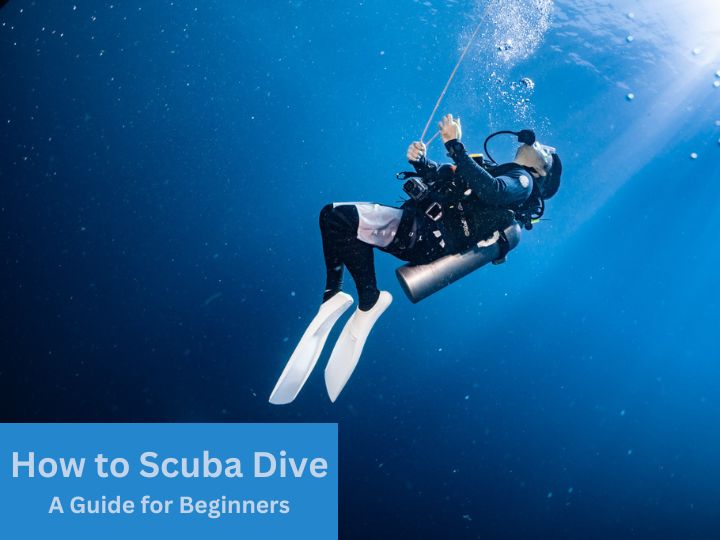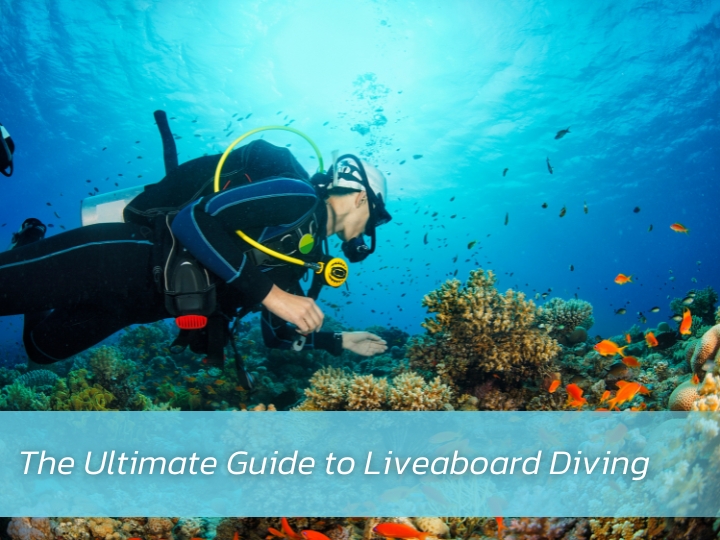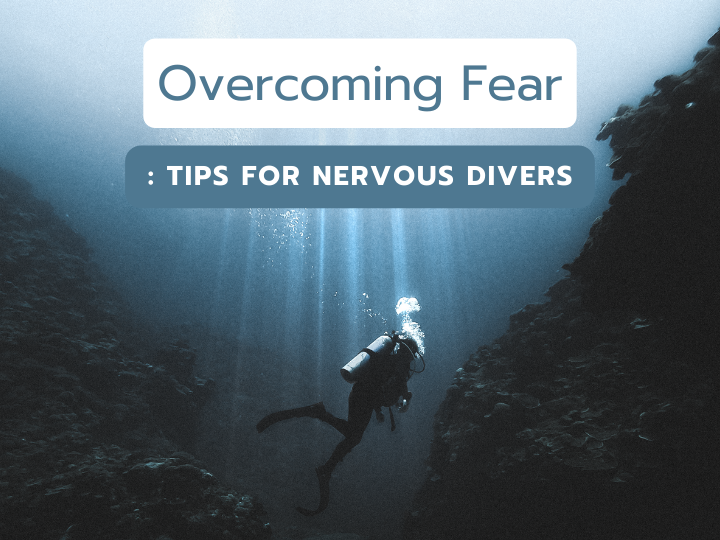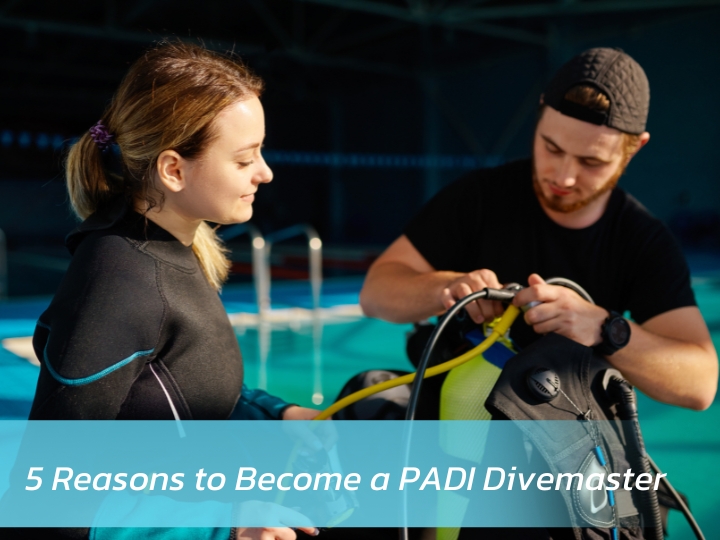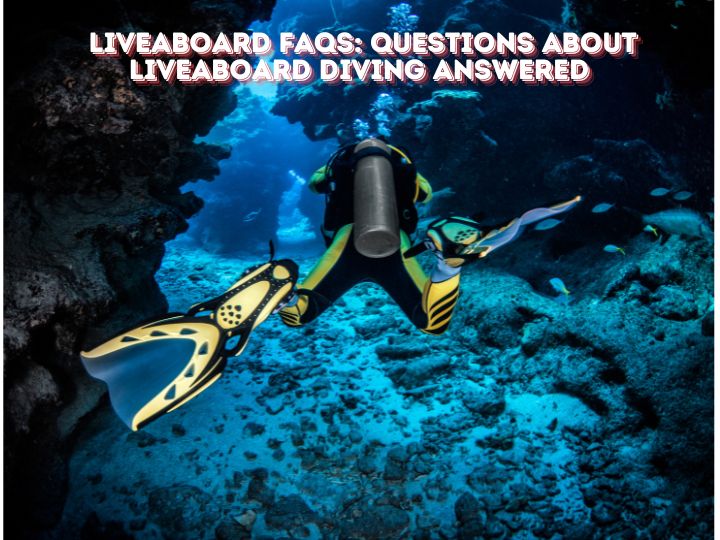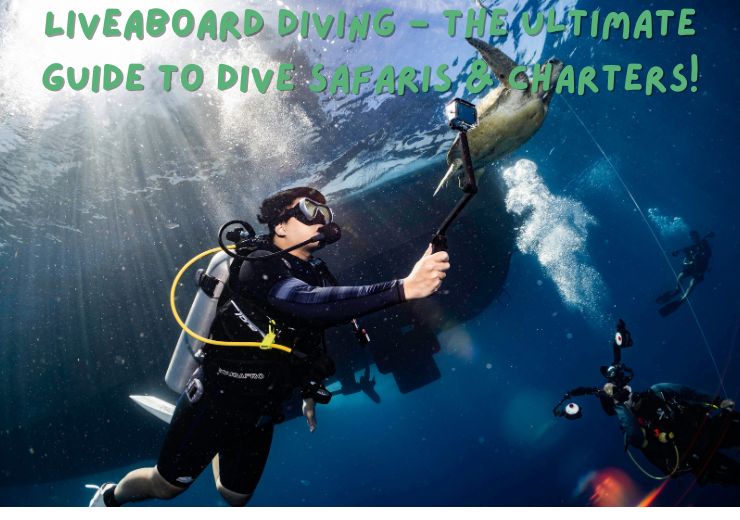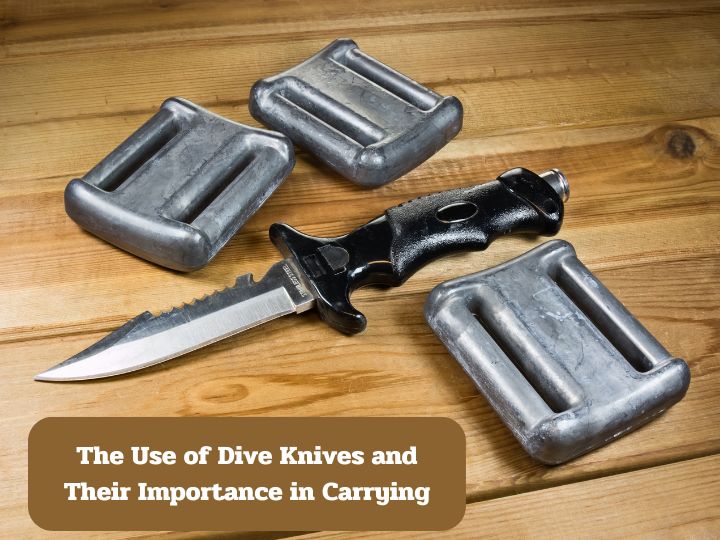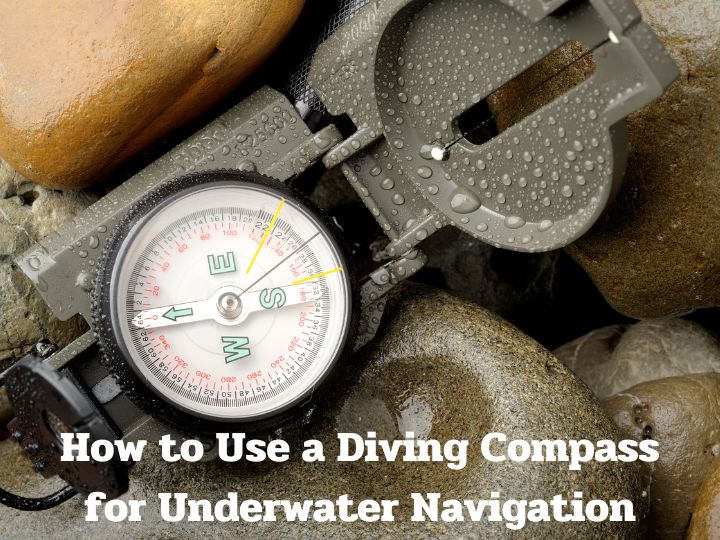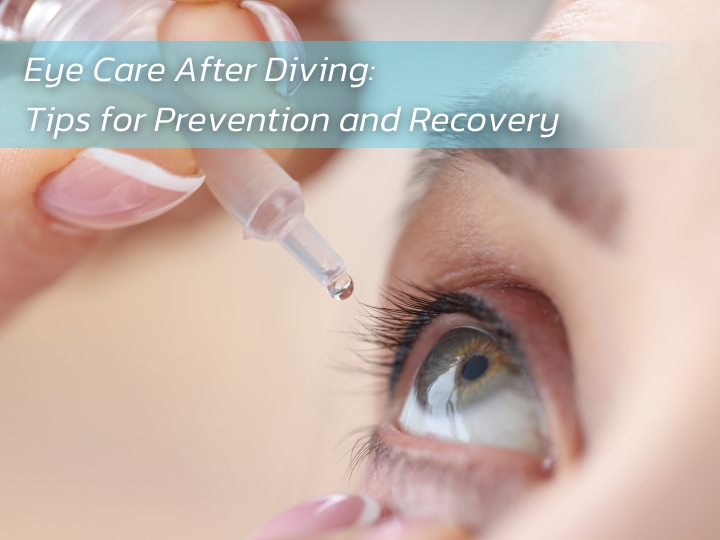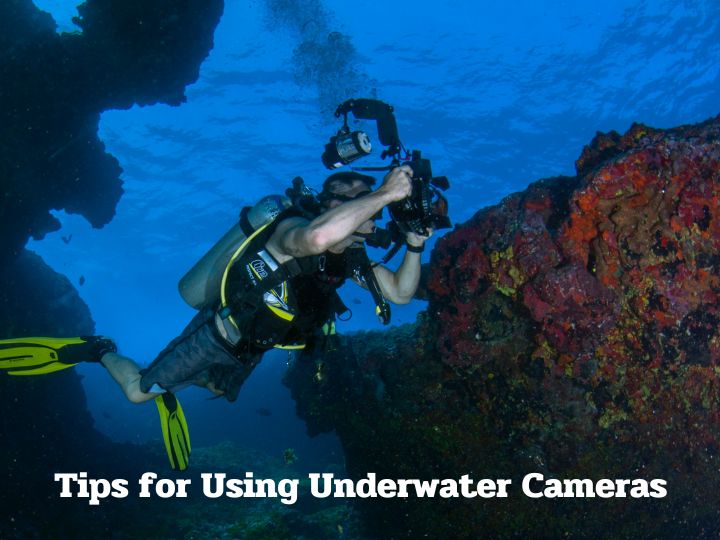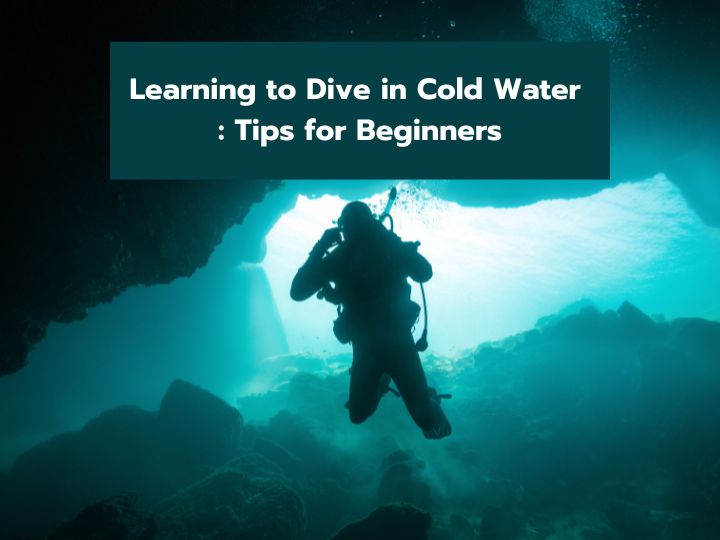
Learning to Dive in Cold Water: Tips for Beginners
Discover essential tips for beginners looking to learn diving in cold water. From choosing the right gear to acclimating to the temperature, ensure you can enjoy diving in challenging environments safely and comfortably.

Choosing the Right Equipment
Diving in cold water requires specialized equipment to keep you warm and safe. Start with selecting a wetsuit that is thick and made from materials that retain heat effectively. You may need a wetsuit with a thickness of 7mm or more. Don’t forget to choose appropriate gloves and boots to prevent cold water from affecting your hands and feet.
Acclimating to the Temperature
When you begin diving in cold water, it might take some time to acclimate to the water temperature. Start with brief sessions of just a few minutes and gradually increase your diving time to allow your body to adjust better.
Maintaining Health
Diving in cold water can put extra strain on your health. It’s essential to get a health check-up before you start diving and to maintain a nutritious diet and stay hydrated to prevent dehydration.
Preparing Before the Dive
Before diving, ensure you are well-prepared by warming up your body to increase blood circulation. Check all your diving gear to ensure it’s in working order. Proper preparation will reduce risks and enhance your diving experience.
Training and Learning
Regular training is crucial for cold water diving. Find an experienced instructor who specializes in cold water diving and learn the proper techniques. Consistent practice will help build your confidence and ensure your safety while diving.

Selecting the Right Diving Gear
Choosing the right diving gear for cold water is crucial. Cold water diving requires additional warmth to maintain body temperature. A wetsuit with a thickness of 7mm or more will help keep you warm. Also, consider gear like hoods, gloves, and boots made from heat-retentive materials.
Preparing for Cold Water Diving
Before diving in cold water, it’s vital to prepare your body with a thorough warm-up to increase blood circulation. Check all your diving equipment to ensure it’s in good condition. Proper preparation can significantly reduce risks and enhance your diving experience.
Acclimating to Cold Weather Conditions
Acclimating to cold weather conditions takes time. Start with short dives of just a few minutes, gradually increasing your dive time as your body adjusts. This approach will help your body adapt to the cold and minimize the risk of cold-related issues.
Training and Skill Development
Training is essential for cold water diving. Find an instructor experienced in cold water diving and learn the appropriate techniques. Consistent training will help you feel more confident and safe during your dives.
Health Considerations During Diving
Diving in cold water can put extra stress on your body. Ensure you get a health check-up before diving and maintain good health by eating a nutritious diet and staying hydrated to prevent dehydration.

Preparing Your Body for Cold Water Diving
Before diving in cold water, it’s important to prepare your body with a proper warm-up. This helps increase blood circulation and get your body ready to face the cold water. Ensure that all your equipment is in good condition and ready for use.
Choosing the Right Wetsuit
Choosing the right wetsuit is critical for cold water diving. A wetsuit with a thickness of 7mm or more will help keep you warm. Look for suits made from materials like neoprene, which retain heat effectively.
Acclimating to Water Temperature
Acclimating to cold water temperatures takes time. Begin with short dives and gradually increase the duration. This will help your body adjust better to the cold water.
Training and Learning
Regular training is key to successful cold water diving. Find an instructor experienced in cold water environments and learn the necessary techniques. Consistent practice will boost your confidence and ensure your safety while diving.
Maintaining Health While Diving
Diving in cold water can be physically demanding. Make sure you get a health check-up before starting and maintain a healthy diet and stay hydrated. Be mindful of your health and avoid diving in poor weather conditions.

Choosing the Right Equipment for Cold Water Diving
Choosing the right equipment is essential for cold water diving. Select a wetsuit that is thick and made from heat-retentive materials. A wetsuit with a thickness of 7mm or more will help keep you warm. Also, make sure to use gloves and boots that protect your hands and feet from the cold.
Acclimating to Cold Water Temperature
Acclimating to cold water temperatures requires time. Start with brief dives and gradually increase the duration to help your body adjust. Warming up before the dive can also help improve blood circulation and prepare your body for the cold.
Maintaining Health During Cold Water Diving
Diving in cold water can be physically demanding. Ensure you get a health check-up before diving and maintain a healthy diet and hydration to prevent dehydration. Be cautious about diving in unfavorable weather conditions.
Training and Skill Development
Training is essential for cold water diving. Find an instructor experienced in cold water diving and learn the appropriate techniques. Regular training will help you feel more confident and safe during your dives.
Preparing for the Dive
Before diving, ensure you are well-prepared by warming up your body to increase blood circulation. Check all your diving gear to ensure it’s in working order. Proper preparation will reduce risks and enhance your diving experience.

Preparing Your Body for Cold Water Diving
Before diving in cold water, it’s important to prepare your body with a proper warm-up. This helps increase blood circulation and get your body ready to face the cold water. Ensure that all your equipment is in good condition and ready for use.
Choosing the Right Wetsuit
Choosing the right wetsuit is critical for cold water diving. A wetsuit with a thickness of 7mm or more will help keep you warm. Look for suits made from materials like neoprene, which retain heat effectively.
Acclimating to Water Temperature
Acclimating to cold water temperatures takes time. Begin with short dives and gradually increase the duration. This will help your body adjust better to the cold water.
Training and Learning
Regular training is key to successful cold water diving. Find an instructor experienced in cold water environments and learn the necessary techniques. Consistent practice will boost your confidence and ensure your safety while diving.
Maintaining Health While Diving
Diving in cold water can be physically demanding. Make sure you get a health check-up before starting and maintain a healthy diet and stay hydrated. Be mindful of your health and avoid diving in poor weather conditions.
